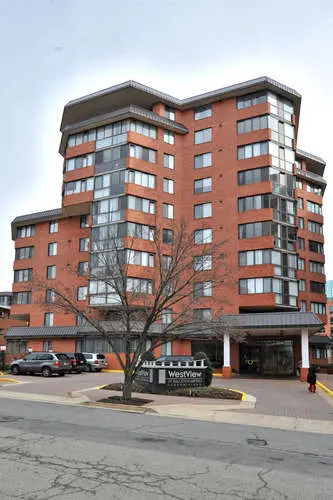Also published on the Huffington Post

“I wanted to find an investment property that I could fix up and rent out. Can you help me with that?”
There it is — my least favorite call. Everyone and their mother are chasing investment properties in D.C. because they finally got the memo from 2010 that D.C. rentals are a great investment. Let me be blunt: Unless you already purchased property when prices were lower, that ship has sailed. Let me be even more blunt: If you’ve never done this before, pay attention. People don’t get rich in real estate when they don’t understand how the industry works. Sure, unsuspecting people may have experienced windfalls during the run-up of prices in 2000-2006, but the market corrected most of those loopholes. Loans aren’t as easy to get as they once were so there aren’t as many buyers in the game as there once were. Buyers now are serious — they’re pre-qualified, they have down payments and good credit.

I’ve spent a lot of time with novice would-be investors and they all abandon their search once they find out the following:
1. Investment properties typically require a much higher down payment percentage than if you were buying your own home. Lenders require anywhere from 30 percent to 40 percent down, changing the appeal of the investment significantly.
2. Don’t be lured in by abnormally low prices. I’ve had calls about a collection of buildings around D.C. with sales prices in the $40,000 range. Most condos in D.C. are in the $200,000’s to $400,000’s, so I’m not sure why people think there’s a lone condo (or five) sitting there for sale at $40,000 waiting to be bought and rented for $2000 a month. These units are almost always co-ops and co-ops cannot be rented with ease. In addition, they come with hefty monthly fees — sometimes amounting to $1000 or more, often carry the stipulation that the owner must live in the unit, and if the price seems too good to be true, you can bet there’s an income cap to qualify. Markets equalize. There’s no “great deal” out there that a novice investor will find that everyone else overlooked.
3. Being a landlord in D.C. is not for the faint of heart. Tenant laws here are very pro-tenant, which is why they call them “Tenants for Life.” D.C. Landlord Tenant Law can be found online here, but some basic points to note:
• You need a business license and to have the property inspected and approved.
• You cannot discriminate (obviously) on a number of factors, but source of income is one. Don’t want to take a government voucher? Too bad.
• It takes months to evict a non-paying tenant and landlords can’t recover attorney fees.
• Should you want to sell, tenants can hold up your sale for six months or more. They can also assign their rights to third parties you’ve never heard of who can hold up your sale. Even worse, they can ignore all your notices, not respond at all, and you still can’t sell without a signed affidavit from them.
• The laws governing the security deposit are complex. If the District determines you made any misstep with security, you will have to give the tenant three times the amount of security. If you think the tenant won’t sue you for the money, guess again. It only costs them a few dollars to file against you in small claims court.
• You can’t evict a tenant or ask them to leave just because their lease expires. They can continue to live there as long as they want, as long as they pay rent.
If you still want to be a landlord, there are number of other District offices that come into play to govern the landlord-tenant relationship. A full list and description of the services offered is included in the Landlord Tenant Act.
The real estate market in D.C. is very efficient. Homes that have true investment potential typically end in a bidding war bloodbath. It’s unfortunate that I have the same conversation with beginner would-be investors at least once a week, but they all reveal that they had no idea about any of this. This is where my universal advice about investing in real estate stands: Just because you saw it on a Reality TV Home Improvement Channel, doesn’t mean it’s something that can be pulled off in real life — especially if your only experience with real estate investing is based on what you see on TV. The market here is too efficient and the career investor too savvy to allow anything with true potential to sit on the market waiting for a novice to swing by with a checkbook and a dream of quick easy wealth.




